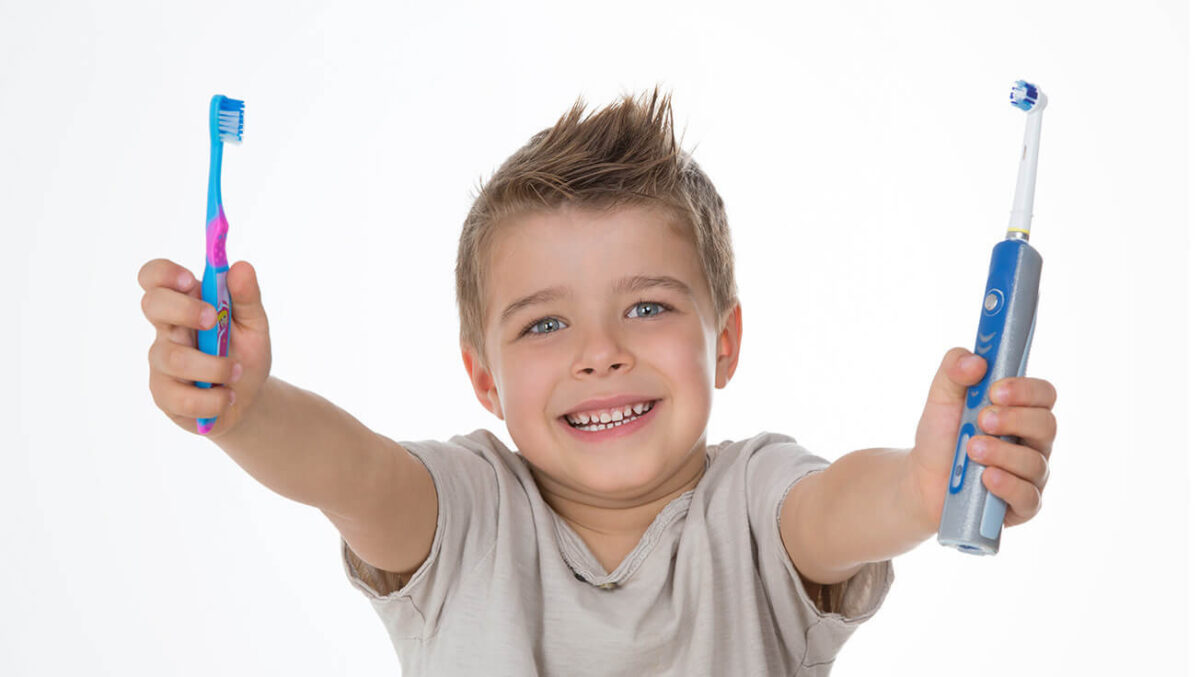Ever since we began our dental practice in Covina, we’ve been asked hundreds of questions from our patients. One reoccurring one is: Which type of toothbrush is the best—electric or manual? In reality the question presents a “catch-22” situation, because there are a number of factors to consider and much is dependent on one’s personal circumstances.
So instead of a giving you an opinion, we’ll list the advantages and disadvantages of each. That way you can make your decision based upon the facts.
Manual Toothbrushes
Manual toothbrushes made their appearance in late 1930s and have had staying power since then. Here’s why:
Advantages
- They are easy to use. Manual brushes have a small learning curve and are good at covering nearly the entire surface of your teeth.
- Great variety of styles. There is a nearly limitless variation of manual toothbrushes. You can find ones that differ in size, grip, angle, bristle stiffness, length, and color.
- Travel easy. A simple case can hold a manual brush and there are no worries about damaging it.
- Cost effective. Manual toothbrushes can be bought at nearly any store and at cheap prices. In fact, even high-end ones can be found at great prices, especially if you’re into couponing.
Disadvantages
- User needs good technique. A lot is lost in manual brushing if you brush incorrectly. In some instances, some users can leave large sections of their teeth unclean by brushing the wrong way.
Electric Toothbrushes
The relatively new kid on the block has the unique position of being the dentists’ favorites. No dental office worthy of being called a dental office is not equipped with electric toothbrushes.
Advantages
- Less work. It’s electric! So you simple hold it and angle it as you wish.
- Better results. Because electric brushes deliver a consistent bristle spin (human hands do get tired), the overall result is consistently better. Also, the head of the brush (specifically the circular ones) conform the tooth surfaces better.
- Fun to use. Kids (and some adults) easily tire of manual brushes. Electric brushes require less effort and are much more entertaining to use.
Disadvantages
- Even cheaper electric toothbrushes are easily 2 to 3 times more than traditional ones. High grade ones are much more.
- Not travel friendly. These brushes are bulkier and you’ll need to bring along its charger (see next point).
- Charging is a hassle. Without electricity or its battery, these brushes are useless. You’ll be stuck if you forget to charge it.

